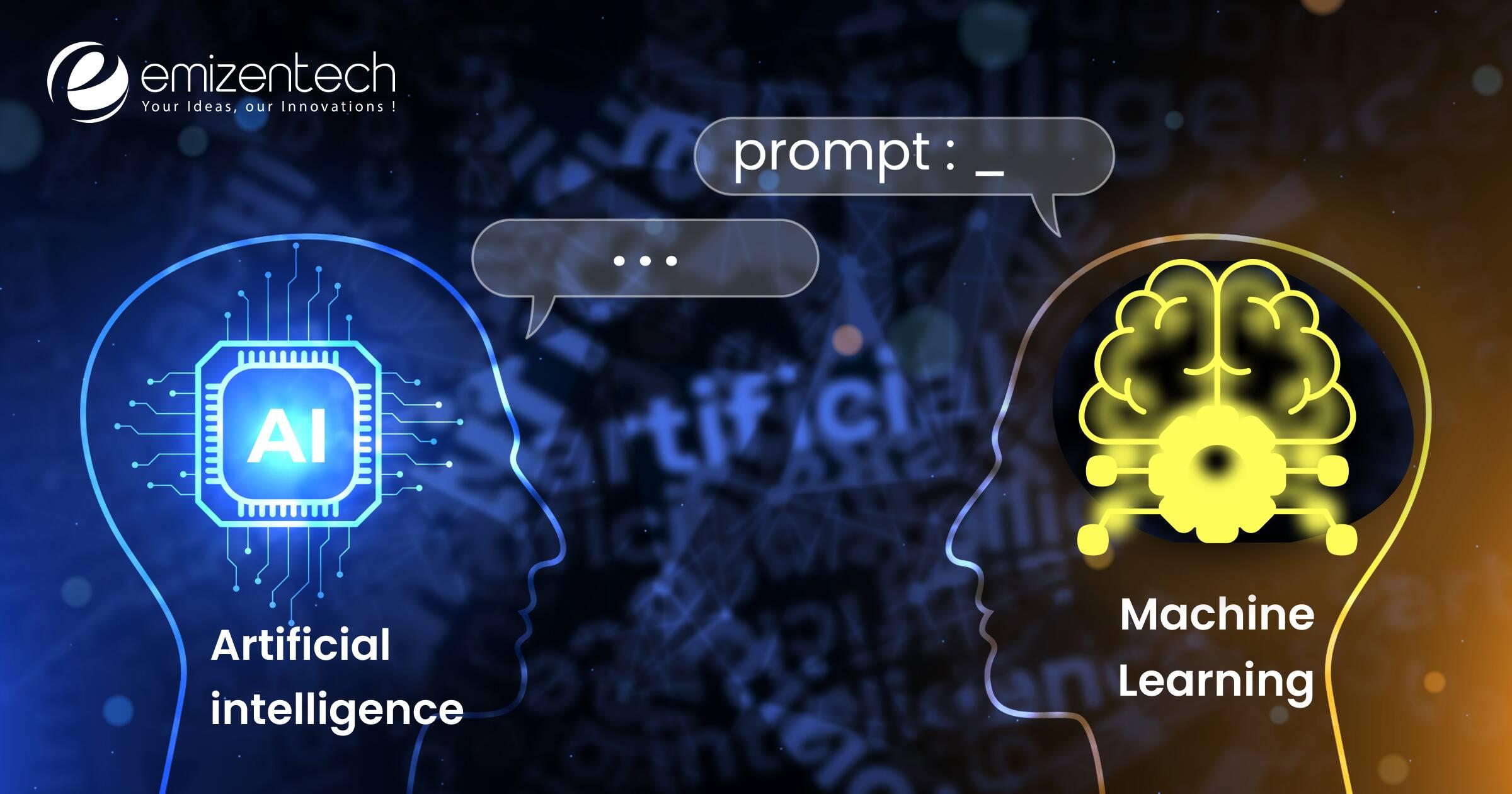How Employers View Digital Credentials: Insights and Perspectives for the Modern Workforce
Digital credentials — such as online certificates, micro-credentials, and digital badges — are rapidly transforming how skills and qualifications are presented in today’s job market. As the modern workforce evolves, so do employer attitudes toward these innovative forms of credentialing.This complete article explores how employers view digital credentials, the advantages they provide, real-world application, and actionable tips for job seekers. whether you’re considering obtaining digital credentials or looking to leverage them in your career, our insights will help you navigate this dynamic landscape with confidence.
Understanding digital Credentials in Today’s Workforce
Digital credentials are authenticated, shareable proofs of skills, knowledge, or achievements granted via online platforms. Examples include:
- Online course certificates (Coursera, Udemy, LinkedIn Learning)
- Micro-credentials and nano-degrees
- Digital badges for skills (IBM, Google Skillshop, microsoft Learn)
- Portfolio-based credentials
Unlike traditional degrees, digital credentials are often modular, competency-focused, and instantly shareable via LinkedIn or personal websites. These traits cater to the flexible, skills-focused nature of today’s careers.
How Employers Perceive Digital Credentials
As digital credentials gain mainstream acceptance, employers’ attitudes are shaped by several key factors:
1. Relevance and Specificity
- Digital credentials provide a detailed snapshot of job-relevant skills.
- Employers appreciate credentials that directly link to competencies needed for the role, such as “Data Analytics with Python” or “Project management Professional.”
2. Issuer Credibility
- Credentials from established platforms (Coursera,Google,Microsoft,AWS) carry more weight.
- Employers are cautious of credentials from lesser-known or non-accredited sources.
3.Verification and openness
- Digital badges offer built-in verification, allowing employers to click and confirm details.
- This transparency builds trust in skill authenticity, reducing résumé fraud.
4. Evidence of Lifelong Learning
- Continuous upskilling via digital credentials demonstrates adaptability and growth mindset.
- Employers value applicants who proactively pursue knowledge to keep pace with technological change.
5. Integration in Hiring Processes
- Many HR systems and applicant tracking tools now recognize and parse digital badges and certificates.
- Employers increasingly request documentation of specific online training or certification in job descriptions.
“Digital credentials open new pathways for employers to assess talent, focusing on actual skill mastery rather of relying solely on degree pedigree.” — Harvard Business Review, 2022
Benefits of Digital Credentials for Employers and Employees
For employers
- Efficient Skills assessment: Quickly evaluate candidates on real-world skills.
- Reduce Hiring Bias: Objective, skill-based indicators can minimize prejudice regarding education background.
- faster Upskilling: Encourage existing staff to gain new skills for emerging needs.
For Employees
- Career Mobility: Stand out in competitive job markets, especially in tech and digital roles.
- Instant Verification: showcase accomplishments directly to prospective employers via LinkedIn or résumé links.
- Flexible Learning: Upskill in bite-sized, affordable formats without leaving employment.
Real-World Case studies: Employer Adoption of Digital Credentials
1.IBM’s Skills-Based Hiring Policy
IBM adopted a “skills-first” approach to hiring, often prioritizing digital badges and micro-credentials over traditional degrees for technical positions. Their internal research found:
- Applicants with verified digital credentials completed onboarding faster.
- Performance metrics showed equal or superior outcomes versus degree holders.
- Employee diversity increased as more non-traditional applicants qualified.
2.Google’s Career Certificates Initiative
Google’s online certificates in IT Support, Data Analytics, and Project Management are recognized by hundreds of employers. Many have:
- Integrated certificate completion as a qualification for interview shortlisting.
- Partnered directly with google to access credentialed talent pools.
3. Small businesses & Startups
Smaller firms leverage digital credentials to evaluate applicants without formal university degrees, expanding their candidate base with upskilled, motivated talent.
first-Hand Experience: Job Seekers Share their Stories
- Maria, Data Analyst: “Adding my Coursera data visualization badge to LinkedIn doubled my interview callbacks. Recruiters commented specifically on the skill endorsement.”
- Jason, IT Support Specialist: “My CompTIA A+ digital certification helped me land a remote tech job. The employer requested evidence via digital badge — they verified it instantly.”
- Ravi, Marketing Coordinator: “Micro-credentials in social media marketing from HubSpot and LinkedIn Learning gave me a competitive edge among applicants with only traditional degrees.”
Practical Tips: Leveraging digital Credentials on Your Career Journey
- Choose Recognized Credential Providers: Opt for certificates and badges from renowned, industry-aligned platforms.
- Align Credentials with Job Requirements: Research what skills and certifications your target employers seek, and pursue digital credentials that match.
- Display Credentials Prominently: Link badges and certificates on your LinkedIn profile and résumé,and mention them in cover letters.
- Stay Current: Regularly update your skill set with new or refreshed credentials in fast-evolving fields.
- Prepare to Discuss Your learning Experience: Be ready to talk about hands-on projects and practical applications learned through credentialing.
Future Outlook: Are Digital Credentials Redefining the Job Market?
the rapid adoption of digital credentials signals a paradigm shift in how skills are recognized and valued. Industry experts forecast that:
- Skills-Based Hiring Will Continue to Grow: Employers increasingly prioritize skills over degrees, especially in technology and digital roles.
- Education will become Modular: workers may assemble portfolios of micro-credentials targeting multiple evolving interests and job markets.
- Credential Portability and Security: Blockchain and advanced verification may make digital credentials tamper-proof and globally accepted.
Conclusion: Key Takeaways for the Modern Workforce
Digital credentials are reshaping the way employers assess and recruit talent, bringing transparency, skills-focus, and versatility to a rapidly changing job landscape. For both employers and employees, leveraging digital badges, micro-credentials, and online certificates offers powerful advantages — from efficient hiring to lifelong learning opportunities.
- For job seekers: Curate credible, job-relevant digital credentials, and showcase them strategically in your applications.
- For employers: Embrace skills-based hiring to unlock new talent pools and foster agile, innovative teams.
As digital credentialing continues to evolve, staying informed and adaptable will position you — and your organization — at the forefront of the modern workforce.
Are you ready to boost your career with digital credentials? Explore leading providers today and start building a future-proof skill portfolio.

